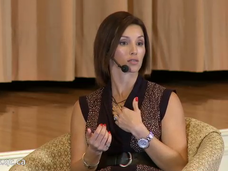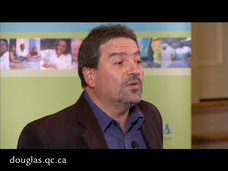What is stress?

Stress occurs when the human body experiences a lack of equilibrium that is perceived as threatening by that individual.
Certain psychological conditions that can evoke stress are:
- loss of control
- new situations
- unpredictability
- a threat to the ego
- anticipation of negative consequences
- ambiguous situations
The degree of psychological stress is determined by the individual's assessment of a given situation. For example, if an environment is perceived as threatening, it is more likely to engender stress. However, certain attitudes or actions can help the individual take the situation in hand. We refer to them as "coping strategies".
Certain physical conditions may also cause stress…
Specific factors can exert pressure on the physiological equilibrium each person works to maintain. Whether they are internal factors (genetic disposition, for example) for external factors (such as drugs, alcohol or intense exercise), they can affect an individual's physiological equilibrium and render that person more vulnerable to stress.
Acute stress vs chronic stress
Acute stress occurs in response to a triggering event that takes place at a specific time - for example, a car accident or a speech given to an audience. Acute stress can have a positive effect by helping individuals face new situations.
Stress becomes chronic when an individual:
- is subjected to frequent stress
- undergoes extreme stress and does not know how to control it
- cannot react effectively to stress (the coping mechanisms are inadequate or non-existent)
Consequences of stress
Illness can be caused due to chronic stress, especially if the stress occurs in tandem with familial, environmental, hereditary and personal factors that encourage its presence.
Such illnesses can arise in a variety of areas:
- dermal (eczema)
- cardiovascular (hypertension)
- cognitive (memory problems)
- pulmonary (asthma)
- psychological (anxiety)
- neurological (frequent headaches)
- immunological (infections)
- gastrointestinal (ulcers)
Mini-Psych School videos
| Born to be anxious? Not! (2013) | Hearts and mind - Emotions as a survival tool (2011) |
Need help ?
All requests must first go to the mental health team in your CSSS. You can also contact a crisis centre, the support groups Phobies-Zéro, Revivre, AMI-Québec or choose "Support" from the pull-down menu of the Community ressources
This content was developed by the Centre for studies on human stress.




